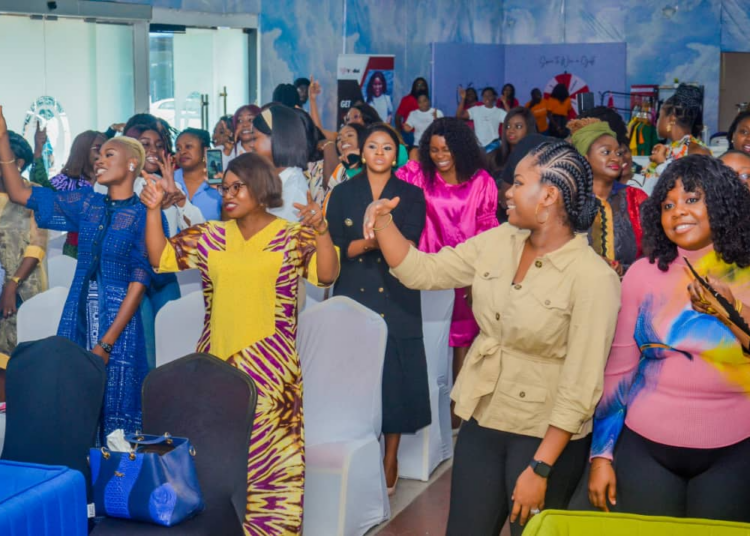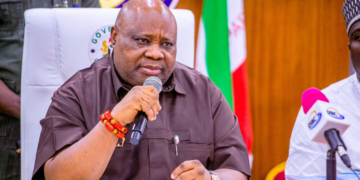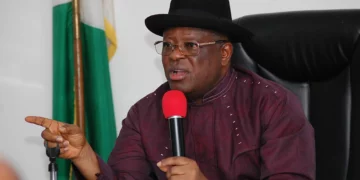A research study by Voice of Women Radio has shown why women don’t vote for female political aspirants in Nigeria.
The reasons ranged from their ignorance of the existing female political aspirants to beliefs that existing female political aspirants are inexperienced. Similarly, many women in the grassroots believe that men are better leaders than women.
There is also the issue of culture, inaccessibility of campaign funding for women as their male counterparts, and family upbringing, which favour males taking up leadership roles. However, higher among the reasons is female electives’ inability to connect with or impact their female electorates once elected into office.
The report detailing the research carried out in the six geopolitical zones of Nigeria reveals that only 31 percent of 83 percent of female voters (that is, 8 out of 10 women possessing permanent voters’ cards) voted for women at the last elections.
Similarly, voting patterns indicate that 45 percent of northern grassroots women are influenced by their culture, 28 percent vote based on their spouses’ preference, and 27 percent vote as a result of the candidates’ political strategies. This means there is a disconnect in communication between the female electives and grassroots.
In southern Nigeria, voting patterns indicate that 47 percent of women at the grassroots vote female political aspirants owing to low representation of women in governance. 21 percent vote because the female electives are their preferred choice of leaders, 17 percent because of the latter’s campaign strategies, and 15 percent vote women into power based on their political experience.
The results show that female political aspirants must upgrade their campaign strategies to be more inclusive of women and connect more with their female voters at the grassroots pre-and-post elections.
“It is all about relativity,” said Senator Natasha Akpoti-Uduaghan, who addressed grassroots women and incumbent female politicians at the 8th edition of the Voice of Women (VOW) Conference and Awards held in Abuja, Nigeria.
In her address, the senator representing Kogi Central Senatorial District, tasked female politicians to re-evaluate their relational pattern with their female electorates. Highlighting the division of the female participants at the VOW Conference into three groups – married women, entrepreneurs, and widows, Akpoti-Uduaghan said female political aspirants and those in positions of power should adopt such strategy to address better the peculiar issues of women in the communities/demographics they represent and bridge existing gaps in service to their needs.
“In the case of women in the civil service whose salaries are a little lesser than their male counterparts, who are passed over for promotions in favour of the opposite gender, and who face harassment at work, of which no one is talking about, how do you as a female elective intend to make the existing labour laws more inclusive for them?
“Female politicians must learn to speak to the issues of these women empathically, not with empty manifestoes, rather by relating with them to genuinely address their fears. When you connect with the peculiar needs of these women, strategise on how to address them, and speak with them based on this connection, then women can vote for you,” said the lawmaker.
Further buttressing the lawmaker’s point was the minister of labour, Barrister Nkiriuka Onyejeocha, who called on women to focus on pushing for solutions to their identified problems.
Onyejeocha, who attributed her 16-year political career to her dedication to connecting and addressing the needs of her constituents, urged women participation in politics to ensure women occupy the 35 per cent affirmative action quota in government to effect changes that will impact the lives of Nigerian women in general.
She also urged Nigerian men to support the involvement of women in governance, who make up a greater number of their voters, noting, “Empowering women is not just a need but an imperative to development.”





